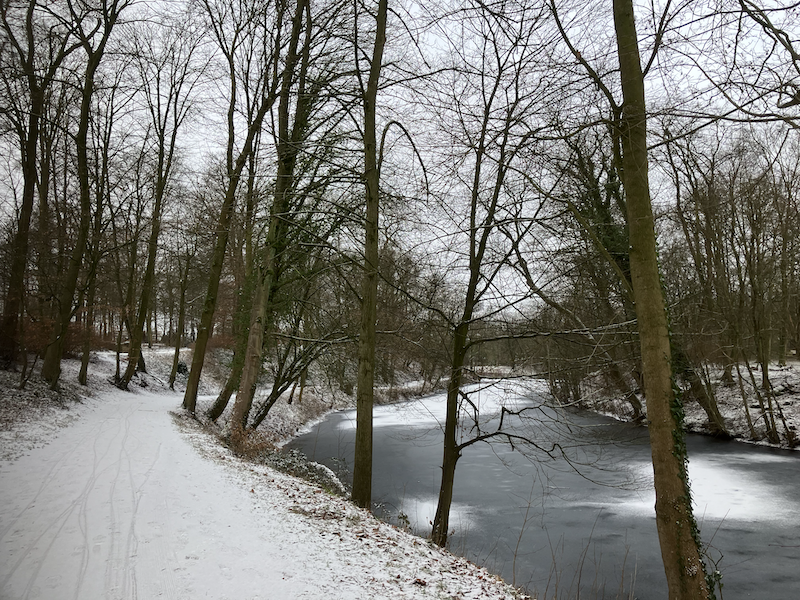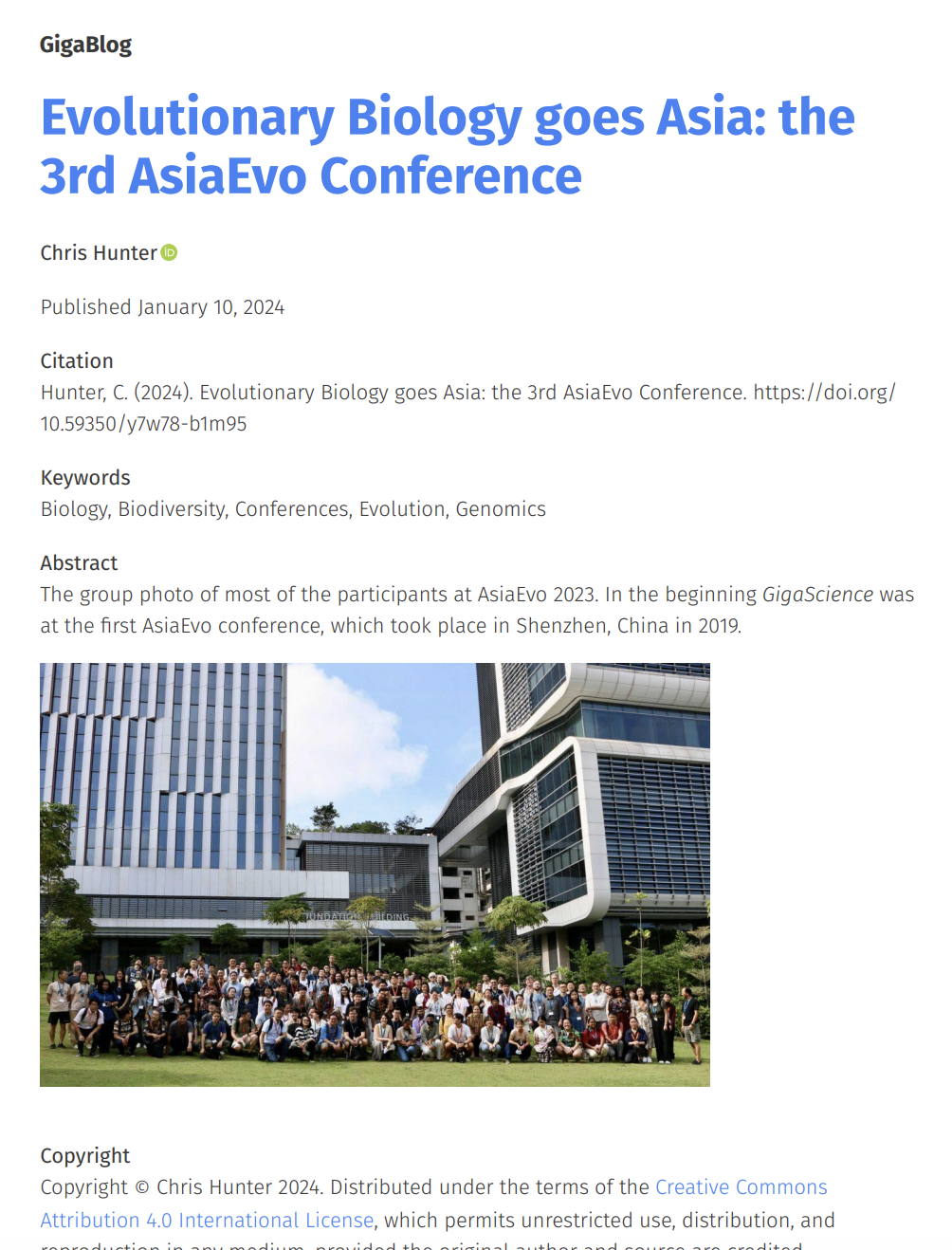
Last week the Rogue Scholar science blog archive added export of blog post content in various formats (Markdown, ePub, PDF, JATS XML). This week Rogue Scholar is improving the existing metadata export, and adding metadata export in Schema.org JSON-LD format.









